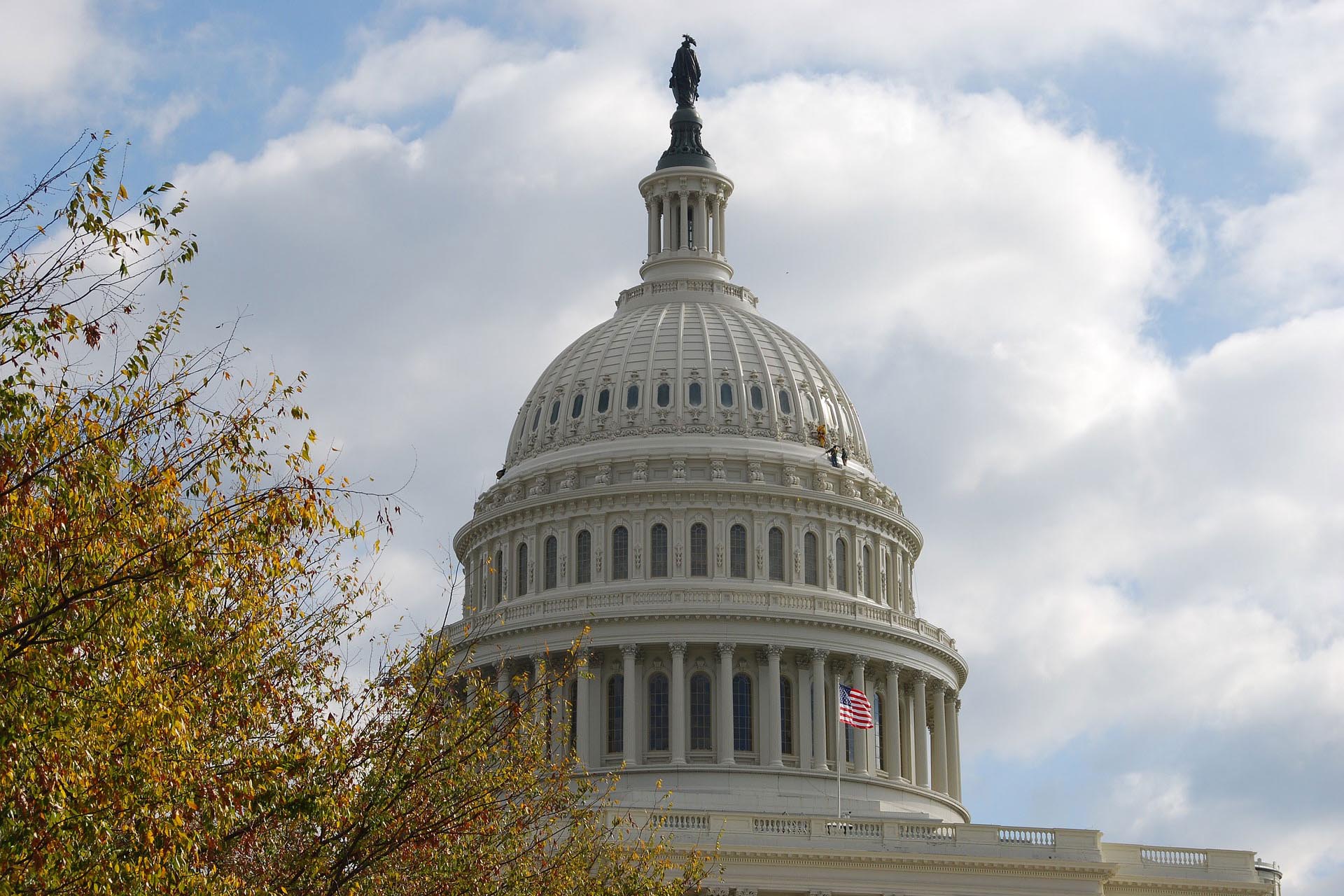Is Your Dance Organization Ready To Re-Open?
By Bob Middleton
%20resized.jpg)
Joyce Theater Foundation
So, it seems the light at the end of the tunnel is actually an opening and not another shutdown for the dance industry, so the planning for the fall and the 2021-22 season can begin. As depressing as the March 2020 shutdown and hibernation was for the performing arts, this reopening is just as exhilarating. But issues concerning exposures and how best to address them to protect your employees, company and patrons remain utmost as we all prepare to re-open. Can insurance offer any solutions on how to proceed? And how do you determine if your current policies will respond to your needs?
Most of your policies, if they didn’t already exclude virus or pandemic claims, will have these exclusions attached at renewal. This means that general liability, property and umbrella policies will not respond to most COVID-19 related claims. That said, several coverages respond to exposures created by the current pandemic or at least are the broadest forms currently available on the insurance market today.
A concern that has developed with many of our clients involves bringing employees back to work in an office or studio environment.
Employment practices liability coverage is usually seen when paired with directors and officers coverage on a D&O policy. It provides coverage for claims resulting from hiring, firing or employment issues. These include sexual harassment, racial discrimination, failure to hire or incorrect termination, age discrimination, etc. A list of these individual definitions is part of the policy form, so it’s important to review them carefully and identify the extent of your coverage. Some insurance carriers have excluded sexual harassment from their forms, due to the recent rise of the #MeToo movement, which is an unacceptable exposure to have without any coverage.
Plan for Re-Opening Offices, Studios and Theaters
As the opening of offices, studios and theaters continues this summer and fall, employers will need to make decisions regarding individual positions. Will those employees continue to work virtually or will they have to be physically present? If an employee who is required to work in person is unwilling to do so, then this will most likely result in a termination. This could easily become an EEOC situation and possible lawsuit, which would be covered type. Another vital concern is if employment requires a vaccine, which many performing arts organizations are planning. It’s very important that any reopening plan related to employment is reviewed by your labor attorney to ensure it will stand up to a legal challenge. If a staff member or prospective staff member decides not to be vaccinated and is not hired or loses the job due to this requirement, a resulting lawsuit would most likely be covered under this choice as well.
This possible increase in claims activity has caused many carriers providing employment practices liability insurance to either increase premiums, cut back on limits being provided, or stop insuring new clients completely. It goes without saying that companies should communicate closely with their agents to make sure acceptable options will be available at renewal time. It is recommended that you have this conversation at least 60 days prior to the expiration of your current policy.
Loss of Business Income
Sadly, many dance companies have become very familiar with their loss of business income policy, as it was one of the first coverages they reviewed when the shutdown occurred. Unless you had a unique policy, you discovered that your insurance policy had several hoops set up for you to jump through before your claim would be covered.

Petra Hegenbart/Pixabay
Many insurance companies had exclusions for virus or pandemics, which excluded dance companies right off the bat. The biggest issue would be the claims trigger requirement for physical damage, which is the standard coverage requirement. This was used by most insurance carriers to deny claims for any business income loss due to COVID-19. Although some policies did not have this requirement on their forms specifically written for the performing arts industry, these were pulled once the magnitude of the claims was exposed.
Currently, few insurance carriers provide coverage for loss of business income without the property damage trigger, but it does exist. There is obviously an exclusion for virus or pandemics, but the coverage will respond to a claim due to cancellation for other reasons. The options vary and many insurance carriers are unwilling to provide limits above a quarter million, which is a result of the present volatile period. Hopefully, insurance carriers will be able to provide higher limits and we will see a larger group of carriers step into the market shortly.
Workers’ Compensation and COVID-19
Workers’ compensation is another area that performing arts clients consistently bring up. What if an employee claims to have contracted COVID-19 due to the work environment? How will the insurance carrier respond? It’s important to understand how this coverage is regulated nationally. Each state regulates workers’ compensation coverage and the rating structure individually. That means the claim is evaluated depending on which jurisdiction applies.
Currently just two states put the onus on the employer and insurance carrier to challenge an employee’s COVID-19 claim: California and Wyoming. Every other state requires the employee to prove that during the two-week incubation period of the virus that they specifically obtained it through their employment. This seems to be the important distinction, because proving you got COVID-19 in the studio, as opposed to the grocery store or from a friend, is going to be difficult at best. Most states and insurance carriers will say that they are evaluating each claim on their merits, but we have seen 10 claims submitted and all have been denied due to an inability by the employee to demonstrate that the virus was contracted at work.
So, what do you do if you have an employee who comes to you with a COVID-19 claim? It is important that you submit it as you would any workers’ compensation claim and let the insurance carrier adjust it accordingly. If you aren’t in those two states, let the employee know that the odds of it being covered under workers’ compensation are small.
What can we take away from navigating the current situation? Most of your coverages are going to have exclusions that will remove them from coverage, such as general liability, umbrella and property policies. But other coverages, such as employment practices, can be a shield for possible claims developing from this fluid situation. Business income, although not responding to claims due to COVID-19, is still a possibility for claims due to non-property damage cancellation or losses.
The most important action an individual or organization can take during this evolving, fluid situation is to have purposeful communications with their insurance agent or broker. Understand your coverages and limitations of your current program, push the envelope of coverage, if available, so when and if a claim arises, you are not caught unawares. This is where I point out that it’s important to work with an agent who specializes in entertainment or performing arts. Agents who work in this insurance arena daily specialize in the performing arts, while those who don’t might not be aware of changes in the insurance marketplace and available coverages that are specialized.
Although the last year has been destructive to the revenue stream, employment and overall health of the dance field, we are still in the mix, looking forward to the year ahead. It’s going to be great to sit in the theater when the lights go down.
Note: For further resources and information on Coronavirus, see Dance/USA’s webpage.

Bob Middleton is the owner/director of the Arts Insurance Program, which is affiliated with Maury Donnelly and Parr, Inc. The Arts Insurance Program is the largest insurer of dance and ballet companies and works with more than 2,000 performing artists nationally. Bob is a frequent guest speaker on insurance issues for the performing arts community and has been an agent for more than 30 years. He received a BA from the College of William and Mary and attended the USF&G School of Insurance. Bob was recently listed by Insurance Business America as one of the top 100 brokers nationally for 2016, 2018, 2019 and 2020. He lives with his wife, two fish and two dogs in Baltimore. He now does golf, but poorly.
____
We accept submissions on topics relevant to the field: advocacy, artistic issues, arts policy, community building, development, employment, engagement, touring, and other topics that deal with the business of dance. We cannot publish criticism, single-company season announcements, and single-company or single artist profiles. Additionally, we welcome feedback on articles. If you have a topic that you would like to see addressed or feedback, please contact communications@danceusa.org.
Disclaimer: Opinions expressed in guest posts do not necessarily represent the viewpoints of Dance/USA.


